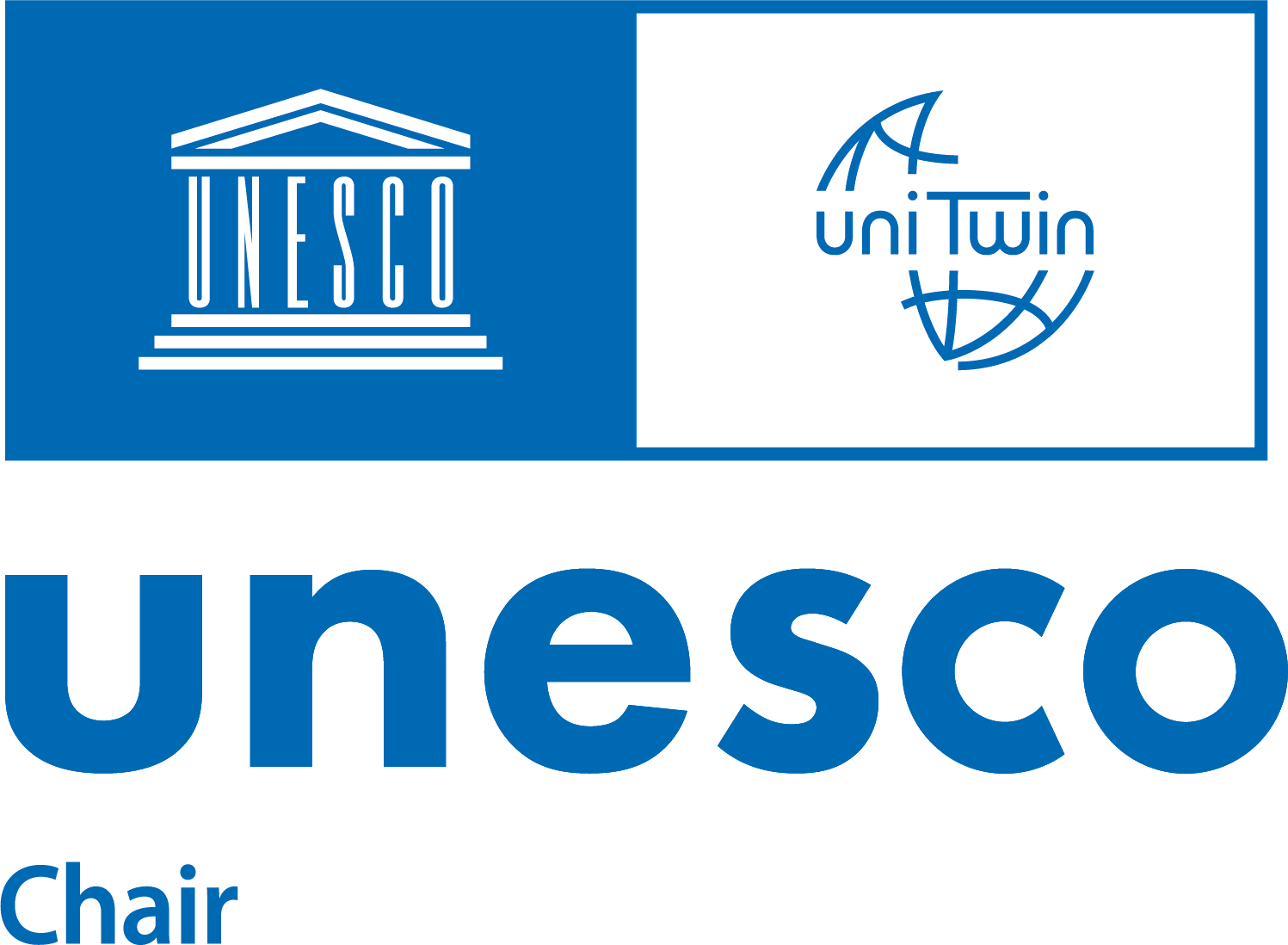MOTIVES
Debate about the future booms —particularly in times of great upheaval. Experience shows the focus is often on imagination. What many overlook is this: to make visions of the future happen, they must be made credible. »Desired Futures« therefore brings together 50 visionary thought-leaders from the fields of business, politics, art, and science to address this question together with our audience: How to make the future plausible?
EXPERIENCE & TRADITION
Now, for the sixth time, the »Desired Futures« Conference & Retreat series grapples with questions about the future. Our two-part format has proven successful: The conference in Linz followed by a retreat with our speakers in the Salzkammergut. One of our resulting publications was on the Amazon bestseller list in its category for more than 5 years. We aspire to this again as we await this year’s inquisitive attendees.
SPEAKERS
What awaits this year's conference attendees? Experts from top companies and elite universities such as Stanford, Oxford, or Beijing —a balanced mix of practitioners and researchers awaits you: Steven Spielberg’s award-winning creative director Alex McDowell will talk about his futuristic films, Angela Wilkinson will report on her work as Secretary General of the World Energy Council, futurist Alexander Mankowsky will speak about his work at Mercedes Benz, and last but not least, David Kirby will talk about the useful collaboration between industry and science fiction.
THE TOPIC
What happens in our brain when we perceive something new? And how can we convincingly communicate what’s »new«? We start with this topic. Researchers from psychology and cognitive science will take stances on this. Mark Keane, for example, will present his often-cited model for writing plausible stories that has also met with great interest in politics. And Sohail Inayatullah, Laurel Prize winner for the best futurist of all time, will present his model of cultural analysis for a better understanding of people.
APPROACH
Data, Fiction, and Matter. On these three levels we will examine how to make the future more plausible. Can we plausibly convey the future with data —or do we also need stories and images to credibly depict »the new«? Or does it require a physical experience of something new, for example through role-playing games, in order to convincingly convey what doesn't yet exist? Among our speakers are renowned designers, economists, policy makers, scientists, and award-winning artists. We look forward to the results of these discussions!
WHY ATTEND?
The conference offers the unique opportunity to meet the world's leading thought leaders in the field of futures studies —in one place— here in Upper Austria —an opportunity our speakers just couldn’t refuse either. Our event offers you the chance to learn from the best in an unprecedented concentration —how to make the future more plausible.
HOW TO TRAVEL TO LINZ
Linz is geographically located in the heart of Europe and directly on the Danube. Traditional trade and travel routes meet here. Therefore, the UNESCO City of Media Arts is easily accessible by water, land and air. The Linz Card, the visitor's ticket for the whole city, is recommended for a stay on site.
Getting to Linz
City Card


